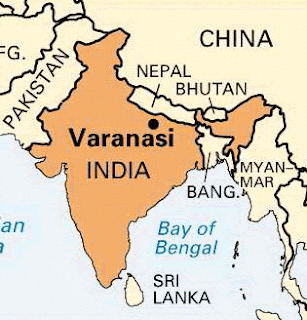I don't see as much raw technology innovation within Tesla (as with PML's drive system), and the Prius still has fairly modest capabilities. My prediction is that the Toyota-Tesla partnership will either:
- Come up with some equally advanced electric drive train advances.
- Loose market share, perhaps even market dominance, in the longer term.
Of course, pretty much every car manufacturer has *something* electric due out in the next few years: Plug-In Vehicle Tracker: What’s Coming, When
+ Of the worlds most fecund manufacturers:
- GM's volt is due out this year. It has offerings for Israel and Denmark too, which is significant because they are trial locations for ubiquitous electric car infrastructure rollout. Renault and Nissan are partnered up for that already. See YouTube video explanation, or Shai Agassi's inspirational TED speech.
- Nissan's "Leaf" has sold out in for 2010 (though no production until 2012/2013).
- VW has good solid diesel cars, which are going to be more environmentally friendly over for some time, but the company could get left out if their 'halo' electric concept cars don't start rolling of production lines too.
- Honda has hybrids out, right now, that presumably square up to Toyota's. However, no plug-ins with release dates, and they've wasted a lot of effort on hydrogen powered research.
+ Source for Automotive Industry figures (with pretty graphs): http://en.wikipedia.org/wiki/Automotive_industry


 Each of the first 8 chapters are devoted entirely to separate main characters, which is quite an ambitious idea, but does not a page-turner make; it's page 79 before we get to follow up on a storyline. This places a big burden on one's memory, it is not a casual read, particularly as nearly all the characters and places are Indian. Perhaps it would make a good TV (mini) series, particularly if it features the suggest soundtrack: Thievery Corporation, Asian Dub Foundation, Nitin Sawhney, Portishead, Sigur Ros, etc.
Each of the first 8 chapters are devoted entirely to separate main characters, which is quite an ambitious idea, but does not a page-turner make; it's page 79 before we get to follow up on a storyline. This places a big burden on one's memory, it is not a casual read, particularly as nearly all the characters and places are Indian. Perhaps it would make a good TV (mini) series, particularly if it features the suggest soundtrack: Thievery Corporation, Asian Dub Foundation, Nitin Sawhney, Portishead, Sigur Ros, etc.